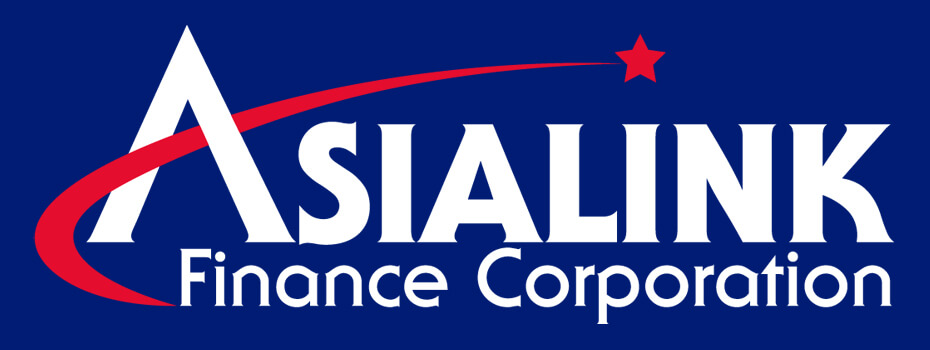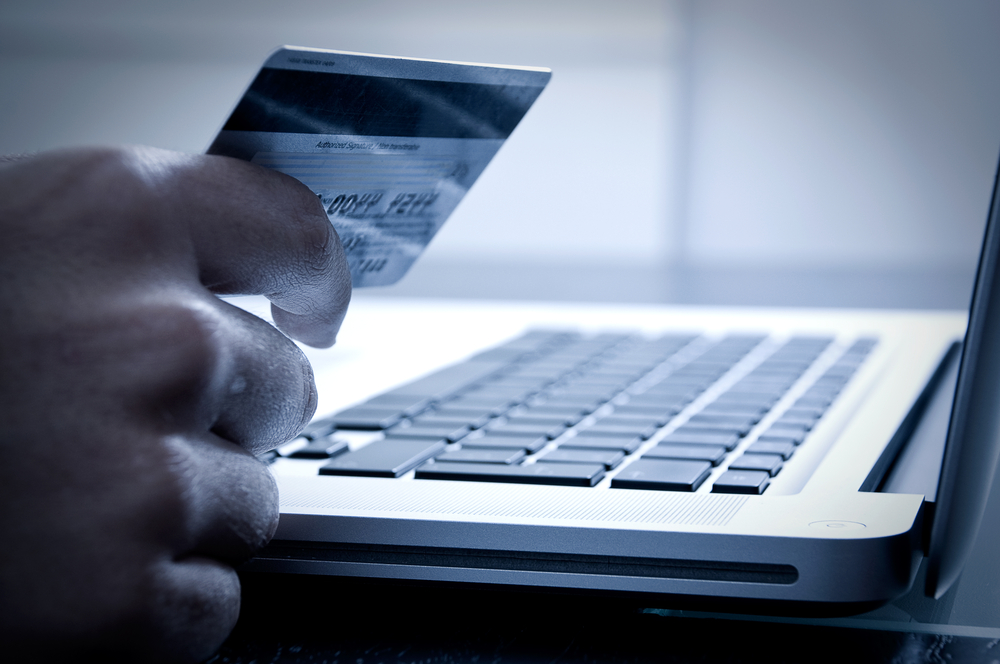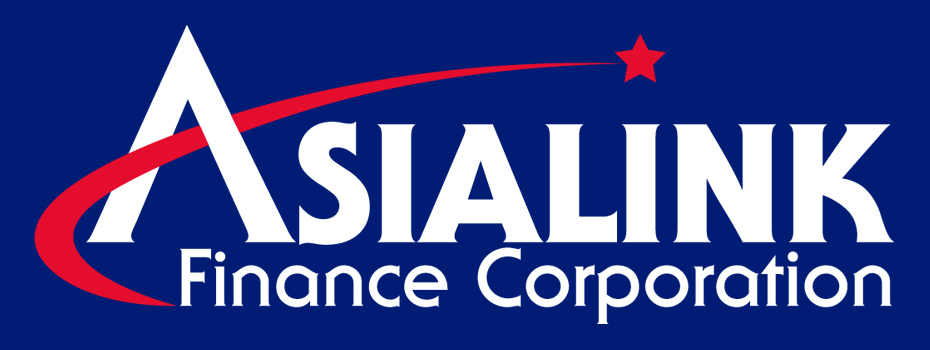Credit scores are critical to faster mortgage, loans, and other financial-related approvals. They paint a picture of your credit spending, financial standing, and payment history. Besides detailing your credit history and information, it can also impact your insurance rates and employment prospects.
Hence, credit scores help banks identify your ability to pay them on time. The higher your credit score, the more likely you will get loan approvals.
There are various ways to ensure a good credit score, like paying your bills on time, staying below your credit limit, and avoiding multiple loans. This article teaches the importance of credit scores in the Philippines, how they work, and how you can track them.
Why is a Credit Score Important?
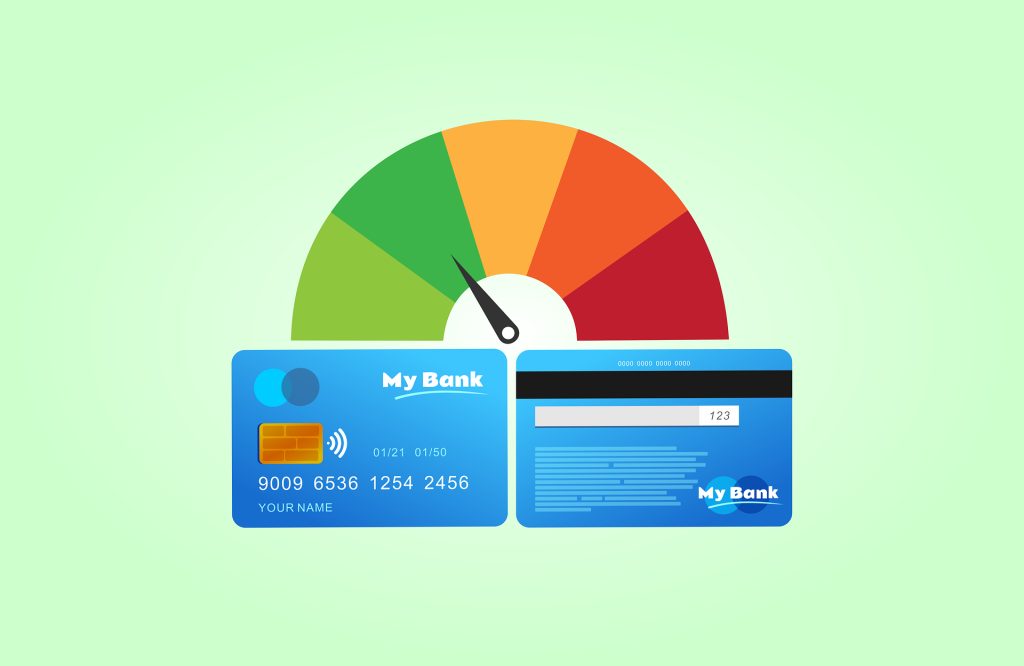
Credit scores usually range between 300 and 850 based on your number of open accounts, repayment history, total debt, and other relevant factors. The higher your score is, the better you look to potential lenders.
Credit scores are a new concept in the Philippines, despite their existence for years. Now, you can present your credit scores as a guarantee to acquire financing for a loan with collateral. A good debt payment history and a financial track record make applying for loans easier.
On the other hand, a bad credit score can negatively impact your opportunities. For example, poor credit makes it harder for you to get home, car, and used car loans in the Philippines or qualify for credit card accounts. Credit card debt is bad credit, too. If, by luck, you have a loan offer, the amount of interest will likely be at a higher rate.
Credit Reporting vs. Scoring
At first glance, credit reporting and scoring seem the same, so borrowers usually mistake them for one another. However, the two are far different: a credit report acts as your financial resume, while a credit score is like your financial health grade or rate.
Simply put, your credit report is the basis for your credit score computation. The former provides detailed information about why the latter is up or down. That’s why it’s crucial to review your credit report consistently to check for any delinquencies in your previous and current credit accounts.
Credit reporting
Credit reporting in the Philippines is a comprehensive summary of your name, SSS (social security system) or GSIS (government insurance service system) numbers, TIN (tax identification number), home address, business, and employer. It includes all your loan contracts with lending institutions and other financial obligations.
Here’s a summary of how credit reporting works:
- Banks and other credit or financial institutions submit their clients’ data to the Credit Information Corporation (CIC), the country’s public credit registry and repository of credit information.
- The CIC receives and collates the credit information into extensive credit reports.
- The CIC shares the processed credit reports with their accredited credit services and authorized accessing entities.
- These accessing entities or lenders then use the credit reports as the basis for whether to approve a borrower’s loan.
Credit scoring
Credit scoring indicates your ability to repay your debts. Lenders use your credit score to know the likelihood of you paying back the borrowed amount based on your previous financial transactions. The four factors that affect your credit score are payment history, credit utilization rate, length of history, and credit mix.
Credit bureaus measure credit scores based on the following:
- Payment history – if you pay your bills on time;
- Credit utilization rate – the amount of total available credit you use;
- Length of history – the time since you opened your account; and
- Credit mix – if you have various credit types like personal and car loans, credit cards, and others.
Ideally, a good credit score is 670 or higher.
- Excellent: 800–850
- Very Good: 740–799
- Good: 670–739
- Fair: 580–669
- Poor: 300–579
How to Check Credit Scores in the Philippines
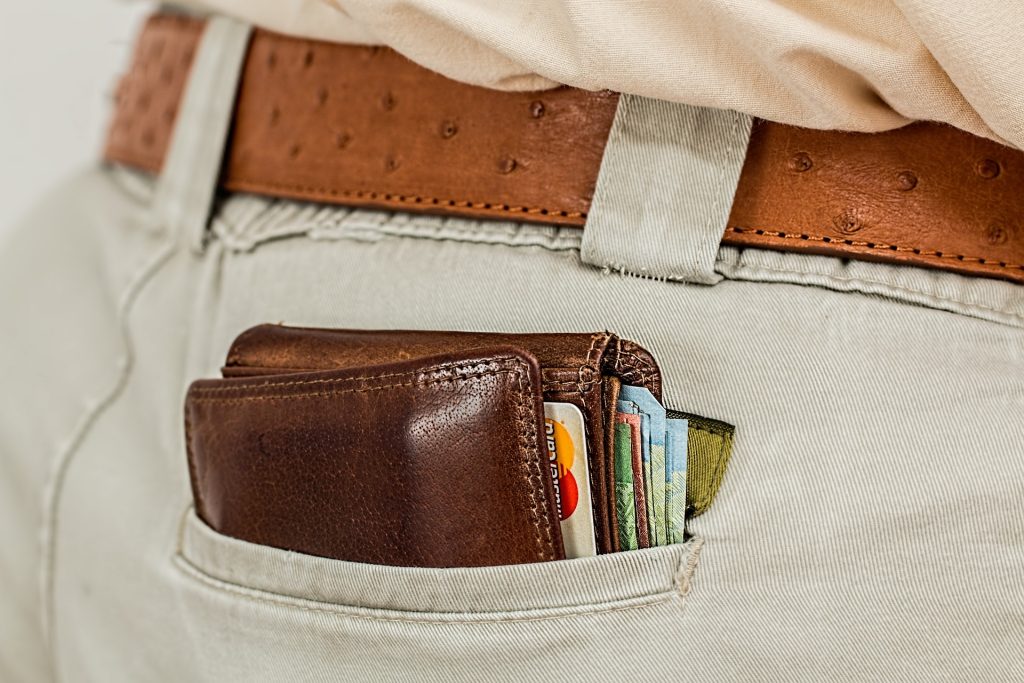
In the Philippines, only the Credit Information Bureau, Inc. (CIBI) is allowed by Accredited Credit Bureaus or Special Accessing Entities (SAEs) to issue credit reports with credit scores. Meanwhile, CRIF Philippines and TransUnion Philippines are other credit bureaus authorized to access the CIC credit data.
You can check your credit score in two ways. The first is by requesting a CIC credit report in person, which is currently on pause due to the pandemic. The second is by asking for your credit score through the CIBIApp or its web version.
For online requests, below is a step-by-step guide to getting your credit report with credit scores via the CIBIApp:
- Download the CIBIApp in Google Play Store for Android and App Store for iOS. For desktop, a web version is also available for your access.
- Provide a username and password to create and register an account. Then, enter your contact and personal information. Next, upload any of your primary (SSS, GSIS, TIN, UMID, and driver’s license) and secondary IDs (PRC IC, Passport, IBP ID, OWWA ID, voter’s ID, senior citizen’s ID, digitized postal ID, and GSIS e-Card). You should also submit your digital signature.
- To verify your identity, schedule a video call appointment via the app from Monday to Friday, 8:00 AM to 6:00 PM, and wait for CIBI’s confirmation email.
- On your scheduled appointment, prepare the IDs you submitted. The character verification process will occur through CIBIApp’s video call feature, MeetMe.
- Pay the required VAT-inclusive PHP 235 fee.
- Once you complete the character verification and settle the payment, you will receive an email from CIBI containing your CIC credit report.
Note: From April 16, 2021, the CIBIApp is temporarily available for users due to the online Know-Your-Customer (KYC) integration activity. The CIC suggests you request your credit report with credit score via the web app instead.
Wrapping Up
A good credit score can get you places. For example, it can help you receive approvals on your loan applications faster. As such, lenders often use your scores to determine the terms and conditions of your credit activities.
Once you know how to get and maintain a good credit score, you can take advantage of every positive financial opportunity. These include faster loan approvals in various loan financing companies in the Philippines and abroad. If you’d like financing assistance from certified consultants, apply through Asialink Finance today!
